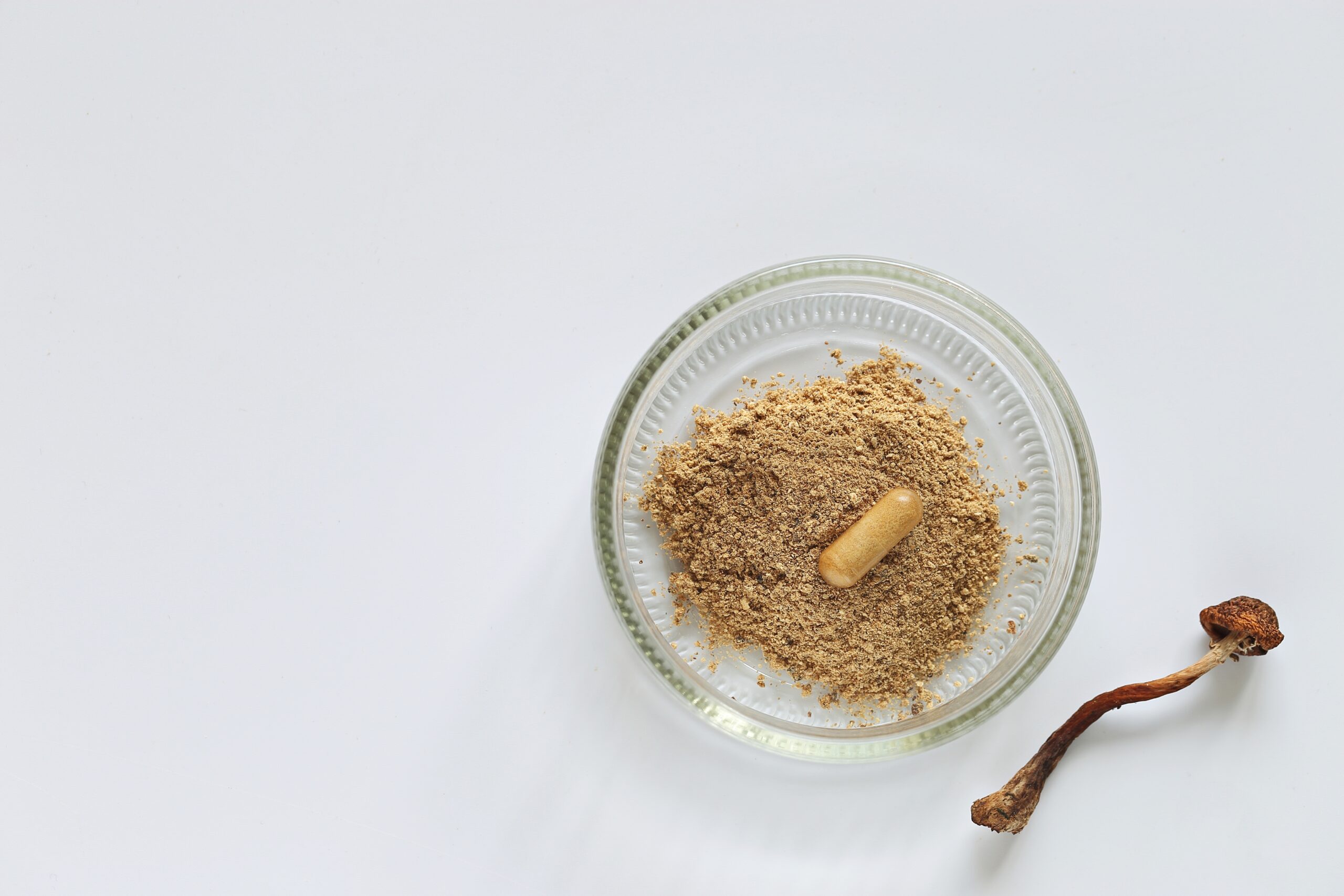Over 40 and Addicted? It’s Never Too Late to Get Help

As the baby boomer generation ages, the rate of addiction among older adults is increasing. While young people between the ages of 18 and 25 have the highest rate of addiction, the National Survey on Drug Use and Health found that around 2.3 million adults over the age of 40 needed treatment for a substance use disorder in 2015.1 By 2020, that number is projected to reach 5.7 million.
Whether you recently left your thirties or you’re headed toward 90, living with a substance use disorder decreases your quality of life. It can cause far-reaching problems. But older adults are the least likely demographic to seek treatment for an addiction. One of the most common reasons why is that they worry that treatment won’t work for them. Especially for those who have been addicted for years, the substance abuse has likely become such an integral part of life that many can’t imagine an existence without drugs or alcohol.
And indeed, the longer you nurse an addiction to drugs or alcohol, the more challenging recovery can be. That’s because addiction affects your thought and behavior patterns. It leads to dysfunctional ways of thinking and behaving, and these shape your view of yourself, your relationships, the addiction and the world. They can take a devastating toll on your quality of life.
If you have a long-term addiction, you’re likely to be generally unhappy with your life. You may suffer from anxiety or depression and lack energy and enthusiasm. You may have deeply rooted relationship problems with your significant other or others in your household. Legal or financial problems may be causing you intense stress. Physical and mental health problems may begin to take a serious toll on your sense of well-being.
No matter how many years you’ve been on this earth, treatment for addiction can help you work through these complex problems and issues. And no matter how many or how few years you have left, treatment can help you make them the best years of all.
Why Can’t You Quit on Your Own?
Due to the negative consequences of addiction, it’s likely that you’ve tried to quit but can’t seem to muster the willpower it takes to combat intense cravings. Or maybe you’ve successfully quit one or more times but ended up relapsing for one reason or another.
Failed attempts at quitting can deliver a major blow to your self-confidence. It can lead to false beliefs, such as that you can’t quit or that you’re weak. It can lead to feelings of guilt, shame, hopelessness and worthlessness. These beliefs and feelings only serve to make everything—often including the addiction—much worse.
The truth is, overcoming an addiction is extremely difficult without help. The National Institute on Drug Abuse stresses that willpower and good intentions are rarely enough to overcome an addiction for good.2 Professional help is almost always…
References:









